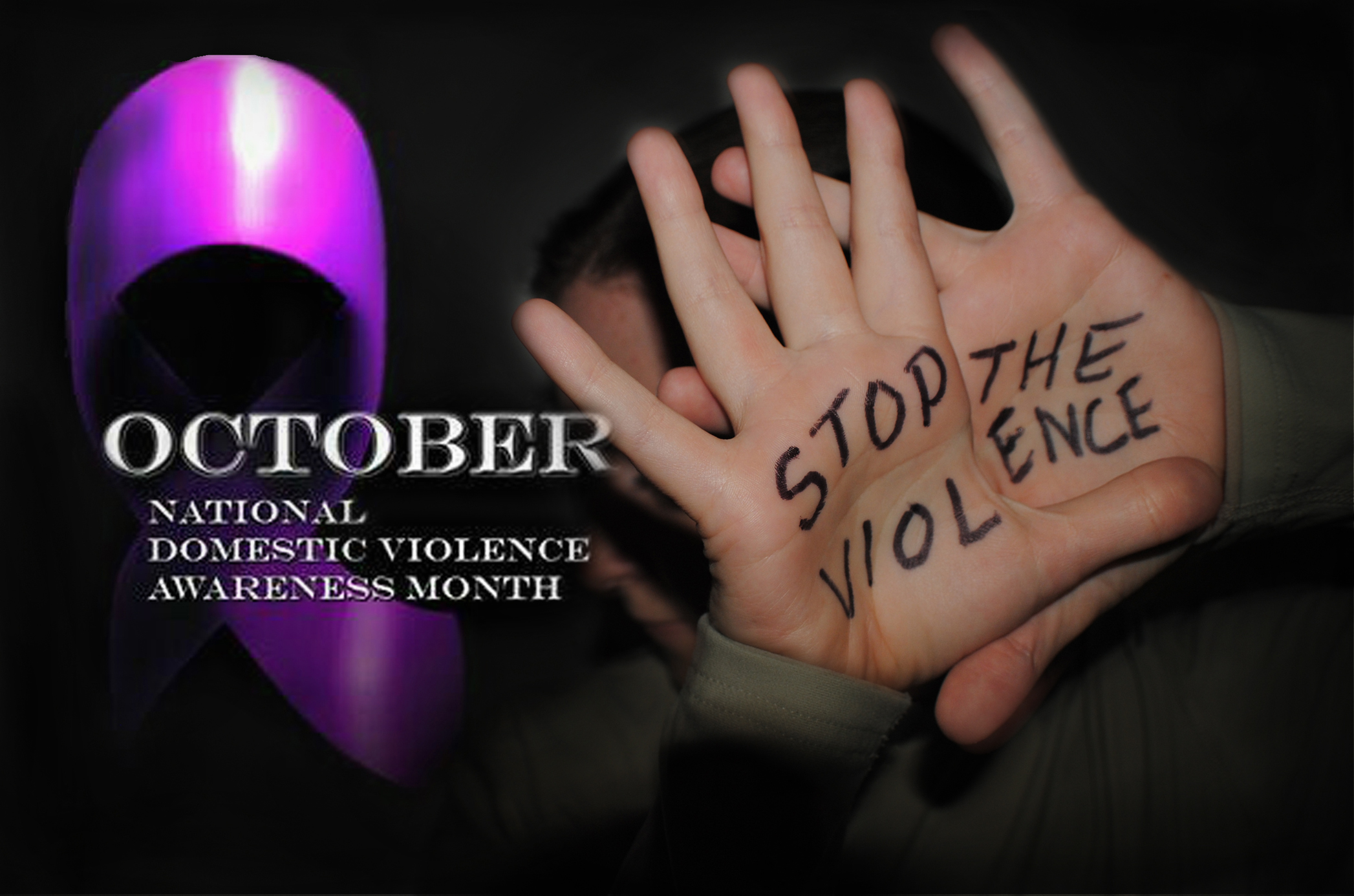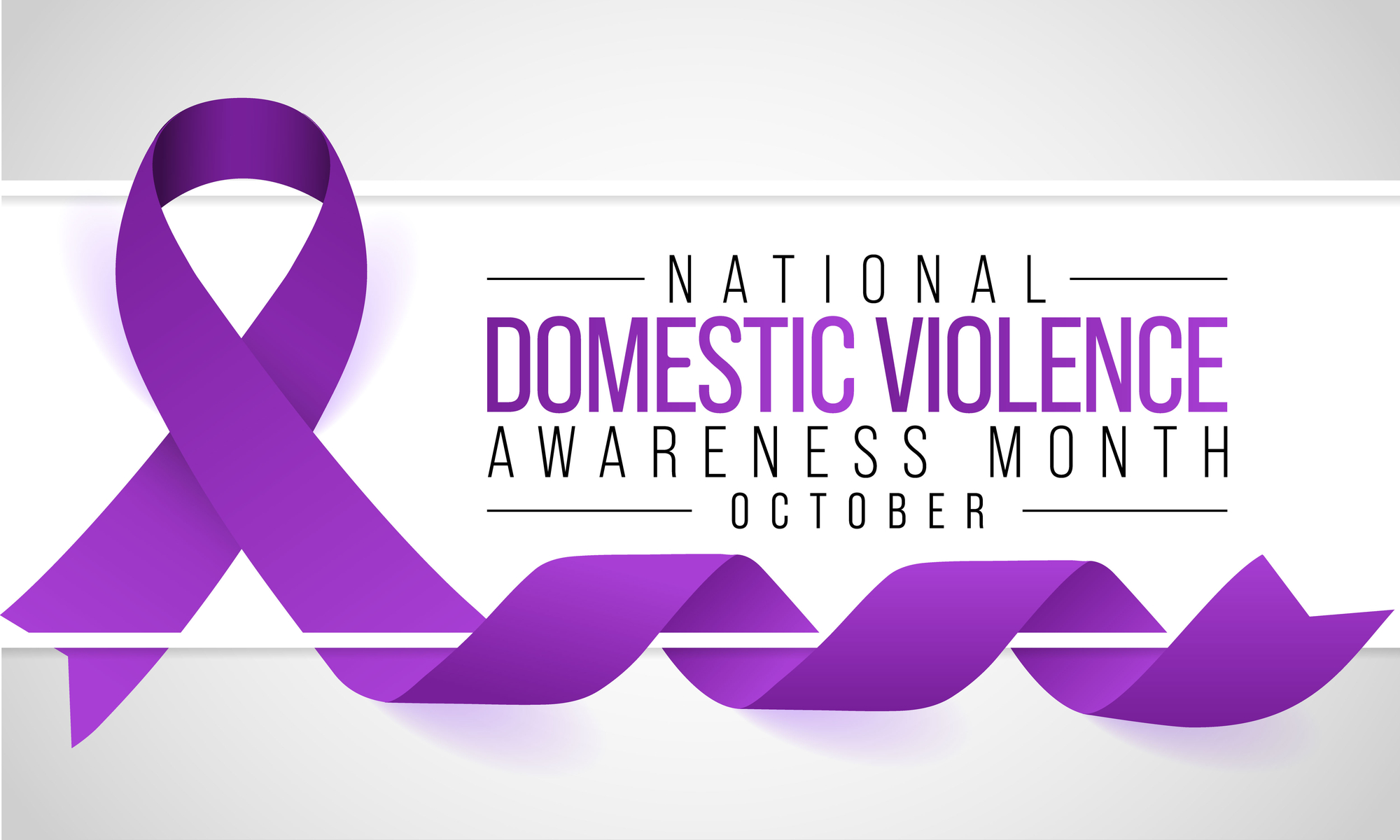Intimate Partner Violence and Abuse (IPV/A) is a serious, potentially life-threatening—but preventable–public health problem that impacts millions of Americans. Specifically, IPV/A describes the physical, sexual, emotional and/or psychological harm perpetrated by a current or former partner or spouse who is LGBTQ (Lesbian, Gay, Bisexual, Transgender and Queer/Questioning).
This type of violence also can occur among heterosexual or same-sex couples, and does not require sexual intimacy. Sexual violence, stalking, and intimate partner violence and abuse are growing problems, but are often underreported–particularly amongst same-sex couples. The data below underscores the heavy toll of this violence and the negative health conditions/impacts associated with these forms of violence throughout the United States.
In the U.S., about 1 in 3 women and nearly 1 in 4 men experience some form of intimate partner sexual violence, intimate partner physical violence, and/or intimate partner stalking during their lifetime. According to the National Coalition of Anti-Violence Programs (NCAVP), nearly 20 people per minute are physically abused by an intimate partner in the United States. During one year, this equates to more than 10 million women and men. According to the Centers for Disease Control and Prevention (CDC), 1 in 4 women and 1 in 7 men experience severe physical intimate partner violence in their lifetime.
Equally as alarming, nearly 23 million women and 1.7 million men have been the victims of completed or attempted rape at some point in their lives. An estimated 6.8 million men were made to penetrate another person in their lifetime.
In this country, more than 27% of women and 11% of men have experienced sexual violence, physical violence, and/or stalking by an intimate partner in their lifetime, and have experienced an intimate partner violence- related impact. The CDC reports that 1 in 7 women and 1 in 18 men have been stalked by an intimate partner during their lifetime to the point in which they felt very fearful or believed that they or someone close to them would be harmed or killed. And get this: on a typical day, there are more than 20,000 phone calls placed to domestic violence hotlines nationwide. The presence of a gun in a domestic violence situation increases the risk of homicide by 500%.

Intimate Partner Violence and Abuse (IPV/A) accounts for 15% of all violent crime. According to the Department of Justice, 1 in 5 women and 1 in 71 men in the United States have been raped in their lifetime. Almost half of female (46.7%) and male (44.9%) victims of rape in the United States were raped by an acquaintance. Of these, 45.4% of female rape victims and 29% of male rape victims were raped by an intimate partner.
And this is alarming: a study of intimate partner homicides found that 20% of victims were not the intimate partners themselves, but family members, friends, neighbors, persons who intervened, law enforcement responders, or bystanders. This study revealed that 72% of all murder-suicides involve an intimate partner; 94% of the victims of these murder suicides are female. Moreover, further studies suggest that there is a relationship between intimate partner violence, and depression and suicidal behavior.
Intimate Partner Violence and Abuse (IPV/A) is a real social health concern; however, often times it is the topic that we avoid or simply overlook because it does not affect us directly. Additionally, for Gay or same-gender-loving (SGL) individuals, there has been very little academic studies or statistical information collected. There is also very little information collected about Black SGL men in any of the scholarly works. A recent study highlights this by stating that the medical community has responded to the public health problem of IPV/A with a range of efforts, from screening reminders in the electronic medical records of female patients to hospital-based IPV/A programs. While such efforts are necessary and important, they are notable for whom they exclude. Indeed, male victims of IPV/A, including SGL male victims, have received little attention in the health care field.
The IPV/A screening instruments across the country generally do not have specific questions that address men or same-gender-loving males. Unfortunately, this has resulted in void, under-reporting and silence–particularly with SGL men. This also leads us to not really understanding the importance or the impact that IPV/A is playing in the Gay and bisexual male communities throughout the United States.
I have made it my ongoing–and fervent–mission to continue to shine a bright light on this demoralizing, horrific, and potentially life-threatening cycle of behavior. We must Rise Up…And Tell! Someone. Anyone Who Will Listen. We must make our “Great Escape.”
And, always remember: the most powerful weapon the abuser has in his/her arsenal is…SILENCE.
If you or someone you know is experiencing IPV/A, call: the National Domestic Violence Hotline (1-800-799-7233) or the Gay Men’s Domestic Violence Project Hotline (1-800-832-1901).
I have a special IPV/A section right here at Wyattevans.com that lists resources to assist victims. Visit: https://wyattevans.com/lgbtq-domestic-violenceabuse-making-your-great-escape/
The time is NOW to break the cycle!





Leave A Comment